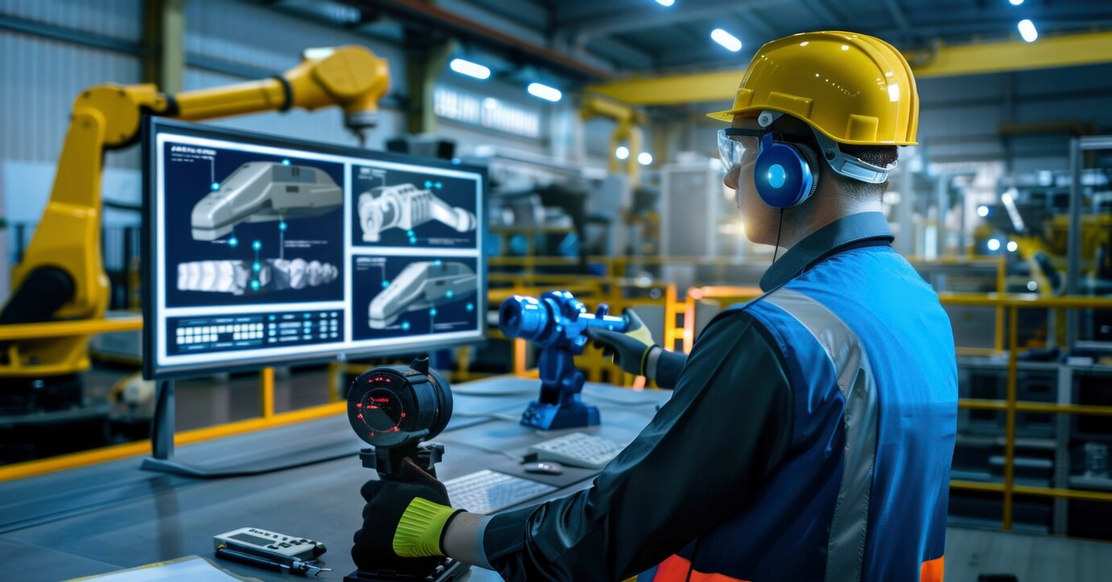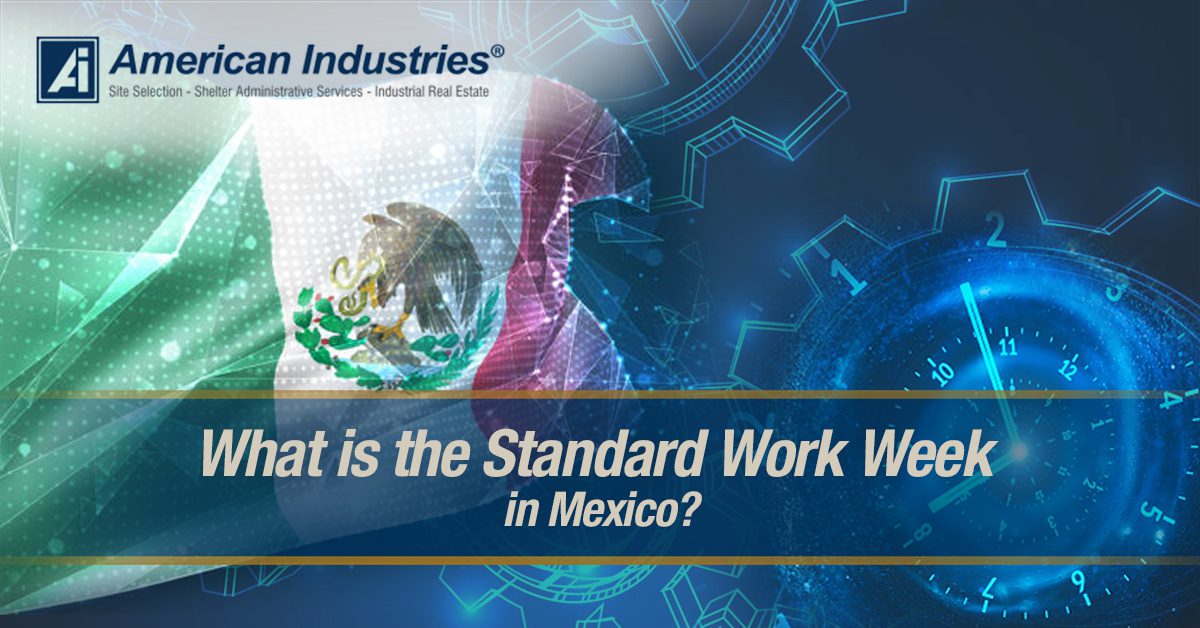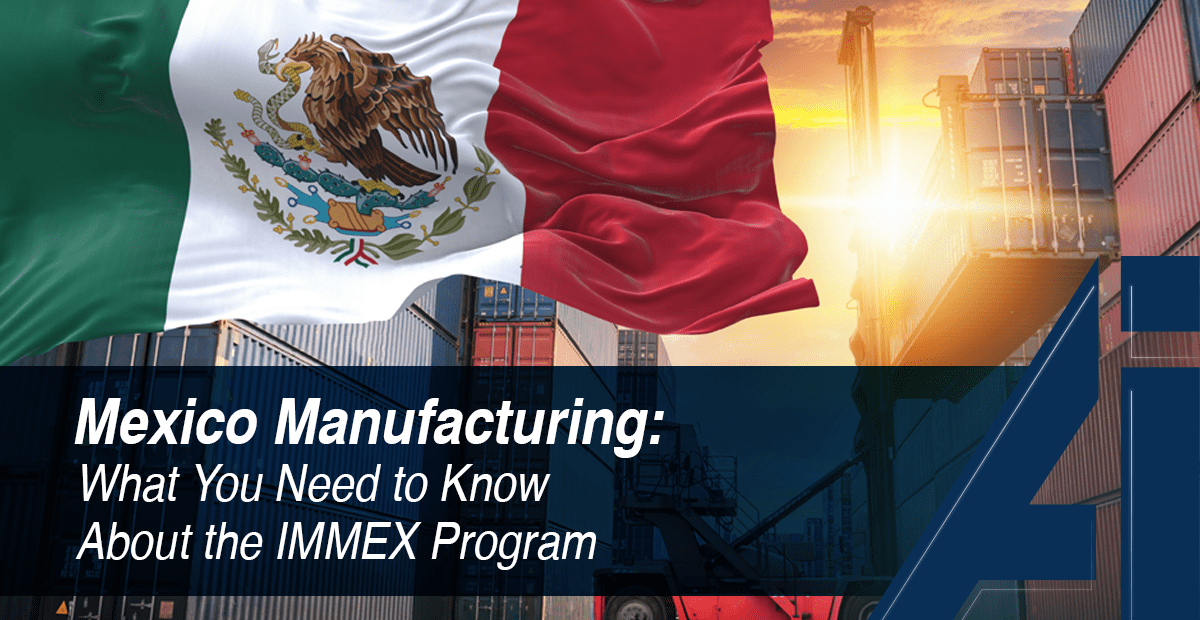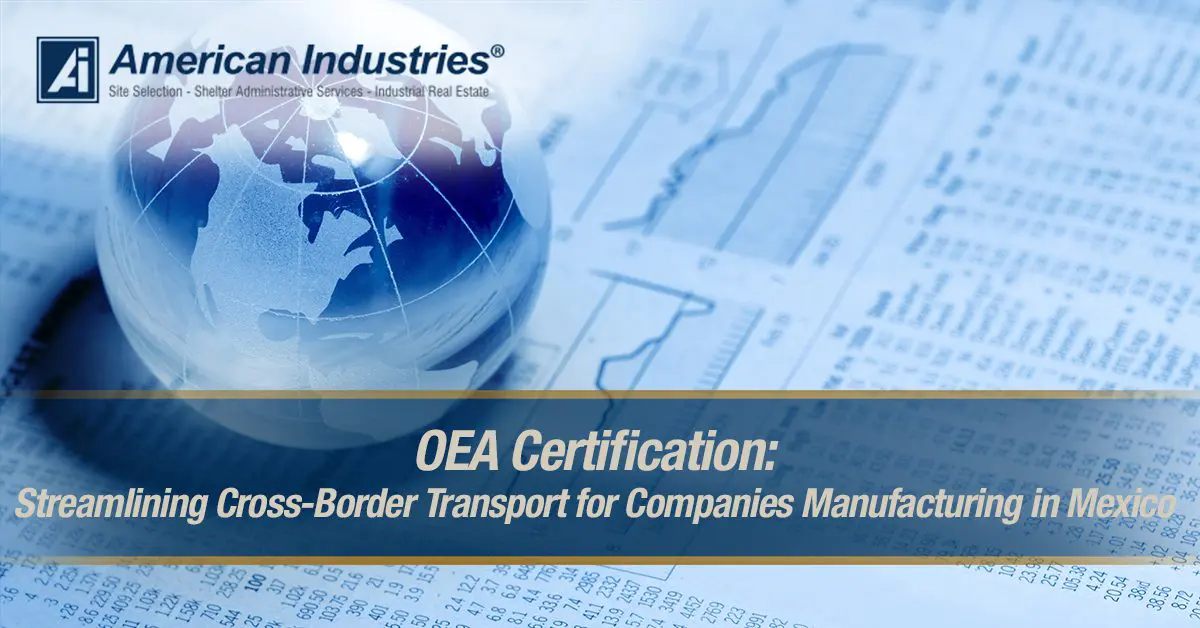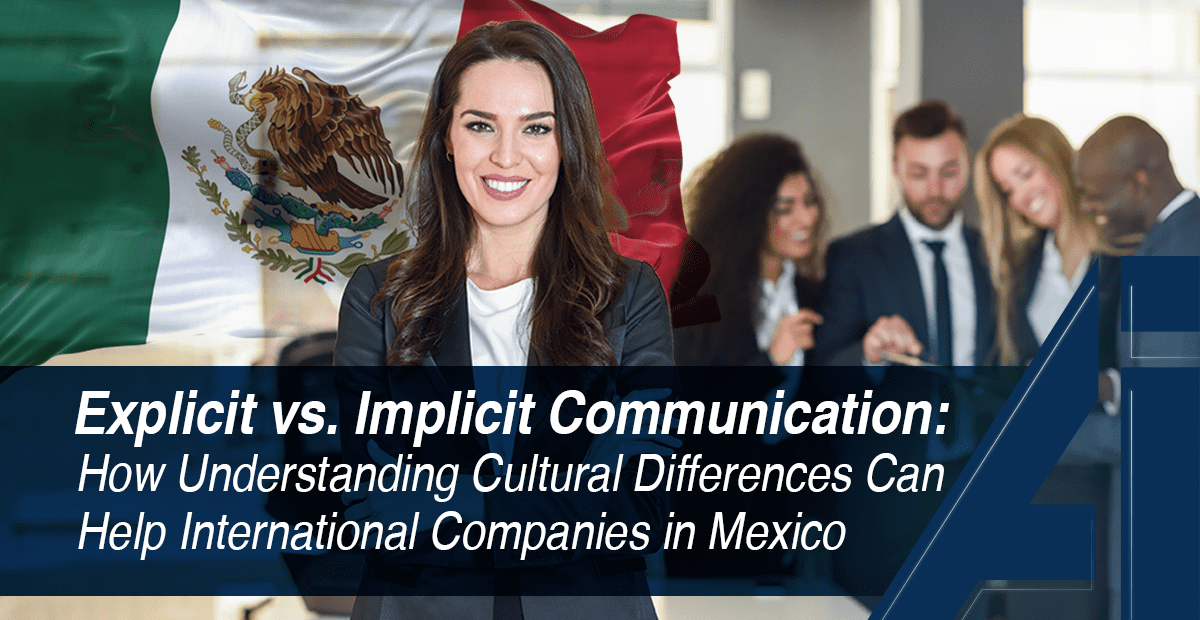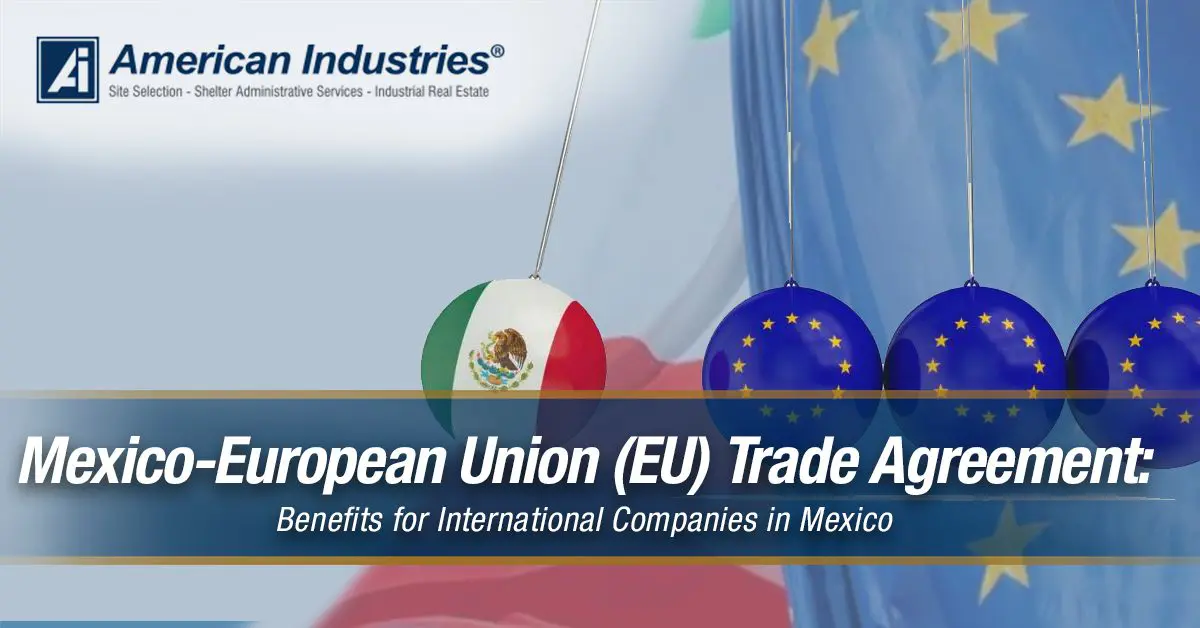
Mexico-European Union (EU) Trade Agreement: Benefits for International Companies in Mexico
Negotiations were recently concluded regarding an agreement in principle for a Mexico-EU trade agreement that will replace the EU-Mexico Global Agreement from 2000. Once it enters into effect, this agreement will benefit both regions by eliminating unnecessary barriers on trade, including the removal of nearly all tariffs on goods, providing strong protection for investors, and streamlining import and export processes. The agreement also serves as a global example for trade rules and sends a message that Mexico and the EU reject protectionism. In addition, it is also proof of their commitment to shared objectives, such as labor and human rights, fighting corruption, and protecting the environment, with an emphasis on the development of sustainable energies.
“While most of our efforts have been focused lately on tackling the coronavirus crisis, we have also been working to advance our open and fair trade agenda, which continues to be very important. Openness, partnerships and cooperation will be even more essential as we rebuild our economies after this pandemic. […] Today's agreement is clear evidence of our shared commitment to advance our agenda of partnership and cooperation. This agreement—once in force—will help both the EU and Mexico to support our respective economies and boost employment.”—EU Commissioner for Trade Phil Hogan
As the EU’s number one trade partner in Latin America, and one of the countries with the most trade agreements in the world, Mexico is very open to trade, giving it extensive experience and know-how in doing business with many different countries and cultures. This agreement will further solidify Mexico’s stance, reiterating its commitment to promoting the current bilateral trade in goods with the EU, which is currently worth €66 billion, and trade in services worth another €19 billion (respectively in 2019 and 2018).
New benefits for international companies in Mexico include increased protections and legal certainty for investors through new rules aimed at preventing unfair treatment, guaranteeing market access, and the implementation of an Investment Court System that will replace the previous Investor-State Dispute Settlement System (ISDS). It will also open public procurement markets in both regions, offering a high level of predictability and transparency in bidding processes, in addition to robust protections for investors including the prohibition of monopolies and unjustified government intervention.
In terms of automotive manufacturing in Mexico, the annex on motor vehicles will guarantee access for EU cars and car parts through the recognition of United Nations Economic Commission for Europe and EU regulations on cars, allowing Mexico to increase exports of cars to the EU, while simultaneously increasing the EU’s export of parts to Mexico. It also includes tariff reductions on car parts, making the permanent Product Specific Rules of Origin for non-originating material the same as in trade agreements with Japan and Korea.
The agreement will also make it easier for the EU to export to Mexico, which will benefit not only electronic manufacturing Mexico, medical devices manufacturing Mexico, the metal-mechanic, machinery, and pharmaceuticals industries, but all industrial goods manufacturers by simplifying and streamlining customs paperwork and physical checks at Mexican customs, saving time, money and eliminating red tape.
The agreement is also aimed at bolstering trade in sustainable energy goods with Mexico, including renewable energy and energy efficient products by prohibiting export monopolies and unjustified government intervention in the price setting of energy goods and raw materials for industrial customers, as well as banning export or dual pricing, which sets export prices above domestic prices. The two regions also reiterated their shared commitment to the environment in agreeing to effectively implement the Paris Climate Agreement.
It is clear that this agreement will play an important part in the reorganization of the world economy, directly or indirectly benefiting all industries trading between Mexico and the EU, making this another reason to consider if it is right for your company to start up nearshore in Mexico. Using shelter services in Mexico will ensure that your company can make the most of this agreement (as well as the more than 50 others to which Mexico is a party), providing companies setting up offshore manufacturing in Mexico with a solid foundation for doing business by reducing costs, streamlining export processes, and guaranteeing compliance with international standards.
By Alejandro Lara Cruz | Board Member | American Industries Group®
Subscribe
US toll-free: +1 (877) 698 3905
CAN toll-free: +1 (844) 422 4922
start@americanindustriesgroup.com
Please note that we do not accept job applications here. If you are interested in applying for a position, please visit the following link: https://www.americanindustriesgroup.com/jobs/

